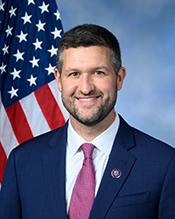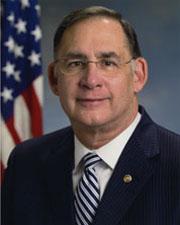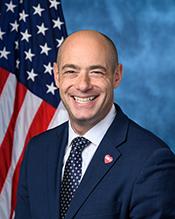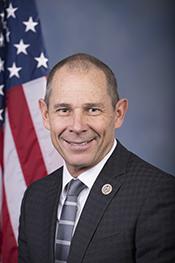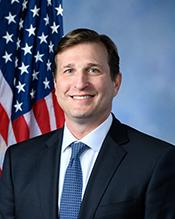H.R. 890: Stopping Pharma’s Ripoffs and Drug Savings For All Act
This bill, titled the Stopping Pharma’s Ripoffs and Drug Savings For All Act, proposes several changes to existing patent laws concerning pharmaceuticals and biological products. The primary focus is on preventing double patenting, which occurs when a pharmaceutical company holds multiple patents on similar inventions, effectively prolonging their exclusive rights to market a drug beyond its intended patent term.
Key Provisions of the Bill
1. Prevention of Double Patenting
The bill introduces a new rule that, when a patent is challenged in court regarding a drug or biological product, there will be a presumption that any related patents filed after the expiration of the first patent are no longer valid. This aims to reduce the practice of extending exclusive rights through additional patents that do not constitute distinctly separate inventions.
- Patent holders must demonstrate that their additional patents cover inventions that are significantly different from the original one if they wish to maintain rights beyond the expiration date of the first patent.
- If they cannot prove distinctiveness, these subsequent patents will be presumed to have lost their effectiveness after the first patent expires.
2. Review of Patent Examination Practices
The bill requires the United States Patent and Trademark Office (USPTO) to conduct a comprehensive review of its patent examination processes. This review is intended to ensure that:
- The Office is using best practices to avoid issuing multiple patents on the same drug that do not represent patentably distinct inventions.
- New practices and procedures are implemented to improve examination quality concerning applications for patents on drugs or biological products.
- There is a focus on reducing the issuance of patents that improperly extend exclusivity terms for drugs and biological products.
3. Reporting Requirements
The Director of the USPTO is also mandated to submit a report to the House Judiciary Committee within one year of the bill's enactment. This report will cover:
- Findings from the review of patent examination practices.
- Recommendations for any necessary changes in procedures or practices.
Accountability Measures
By reviewing existing patent procedures and requiring reporting on findings and recommendations, the bill aims to foster accountability within the patent system, particularly in relation to the pharmaceutical sector. This could lead to more transparent practices in how pharmaceutical patents are examined and granted.
Relevant Companies
- PFE - Pfizer Inc.: As a major pharmaceutical company, Pfizer could be significantly impacted by changes to patent laws that limit the duration of exclusivity for their drugs, particularly if they rely on multiple related patents to maintain market power.
- AMGN - Amgen Inc.: Amgen develops biological products and may face challenges if it holds several patents for similar products, which could be invalidated under the new rules.
- JNJ - Johnson & Johnson: This company, with its broad range of pharmaceutical products, might have to reassess its patent strategies, especially regarding products facing patent expiration.
This is an AI-generated summary of the bill text. There may be mistakes.
Sponsors
1 sponsor
Actions
2 actions
| Date | Action |
|---|---|
| Jan. 31, 2025 | Introduced in House |
| Jan. 31, 2025 | Referred to the House Committee on the Judiciary. |
Corporate Lobbying
0 companies lobbying
None found.
* Note that there can be significant delays in lobbying disclosures, and our data may be incomplete.
